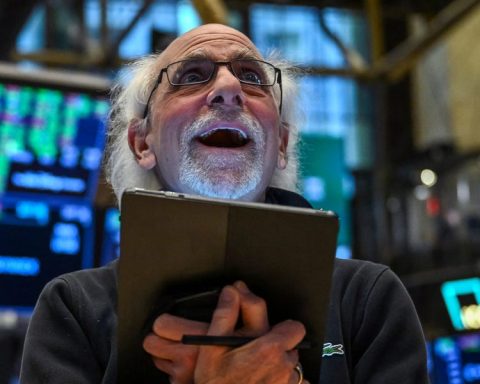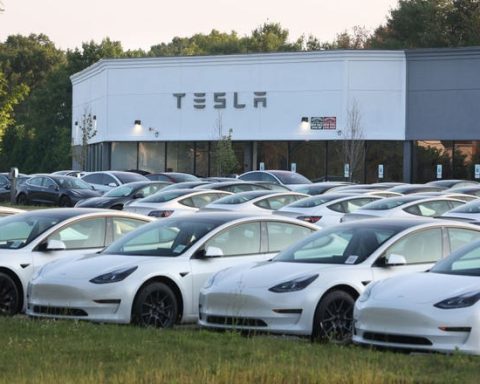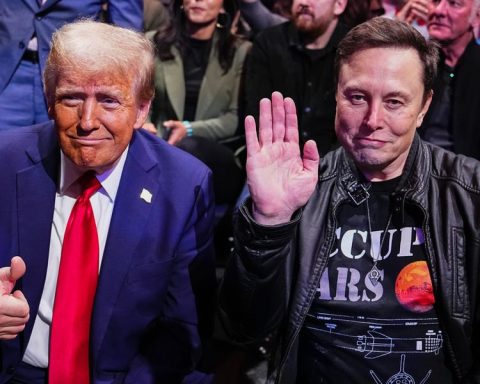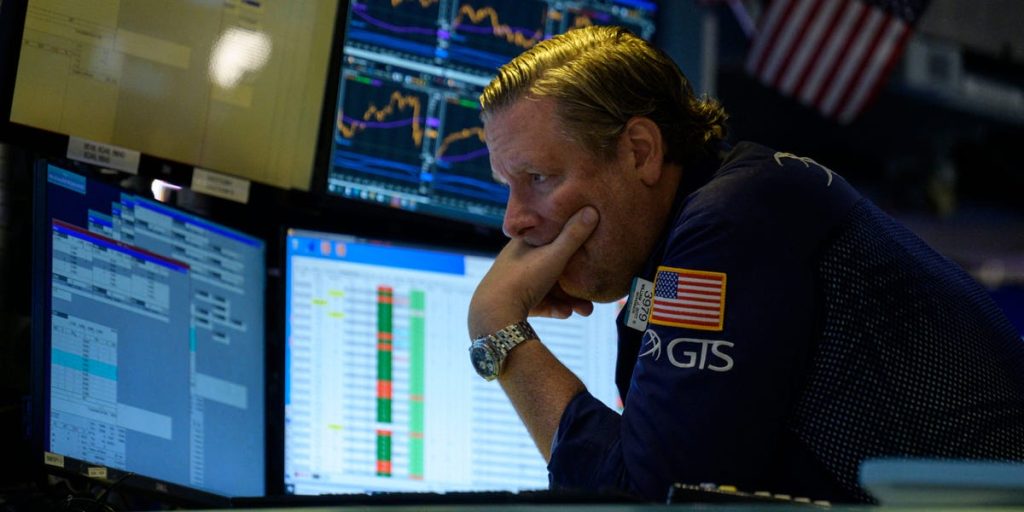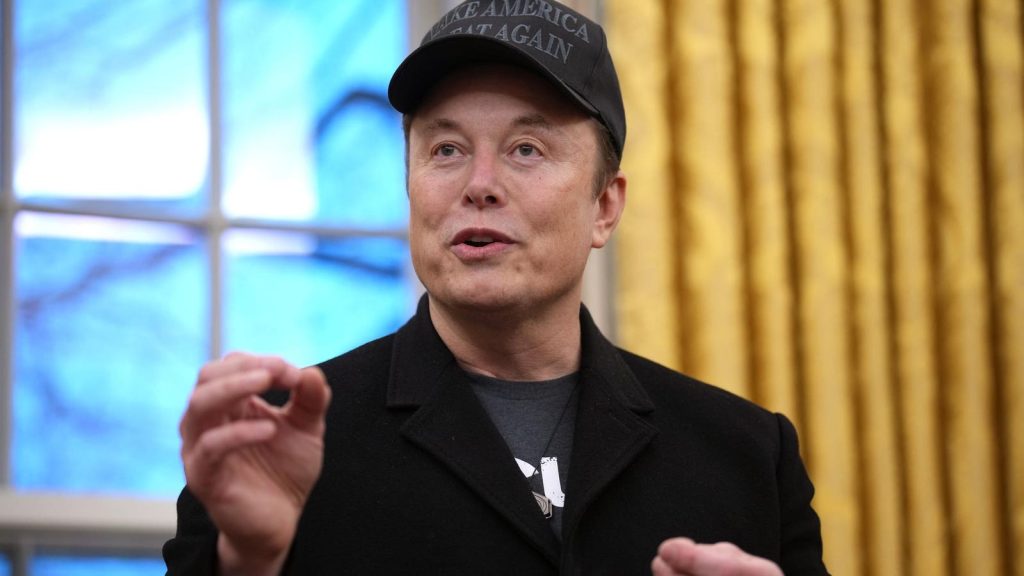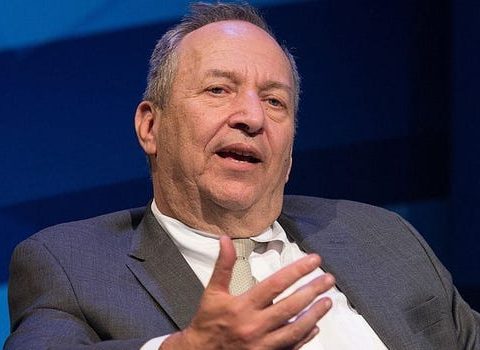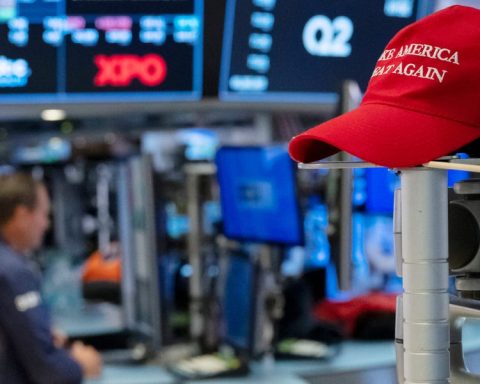Tesla’s stock price has officially dipped below its pre-election levels from November 2016, resulting in the loss of a remarkable 91% gain for the electric vehicle giant, which is overseen by Elon Musk, a prominent ally of former President Donald Trump. Tesla is now emblematic of the current downturn in the stock market.
Key Facts
– Monday saw Tesla shares fall over 15% to a closing price of $222, marking the stock’s lowest level since October 23, just weeks before the 2016 election.
– This marks the worst percentage drop for Tesla since September 2020 and the seventh-largest decline in the company’s 15-year history as a publicly traded entity, per FactSet analysis.
– The plunge in Tesla shares coincided with broader market struggles, as the tech-heavy Nasdaq Composite index fell by 4%, entering a 10% correction period.
– Tesla’s decline was exacerbated by a report from UBS analyst Joseph Spak, who projected a 5% decrease in Tesla’s vehicle deliveries for 2025, countering the consensus forecast of a 12% growth in vehicle deliveries for the current year. Tesla’s stock has now dropped more than 53% since its all-time peak in December, when expectations of supportive Trump administration policies boosted its value.
Big Number
$144.4 billion: This is the reduction in Elon Musk’s net worth from its peak of $464 billion in December, following the decline of Tesla’s stock values. Despite the loss, Musk still maintains a net worth approximately $110 billion higher than any other individual globally. On Monday alone, Musk lost $23 billion as a result of the stock’s downturn.
Surprising Fact
Since Election Day, Tesla’s stock has fallen 12%, with the company’s market capitalization plummeting nearly $800 billion from its December highs.
Key Background
Elon Musk, who contributed $288 million to support Trump and other Republican efforts, has spent much of the last few months focusing on his role heading the Department of Government Efficiency (DOGE), which Trump established to monitor cost reductions and layoffs in government sectors. As Tesla is heavily impacted by Trump’s tariffs, with China being its second-largest market, fluctuations in its stock are closely tied to political developments. Additionally, Tesla has been facing challenges from reported lower sales in both China and Europe as analysts express concerns regarding Musk’s politically charged statements potentially harming Tesla’s brand image.

